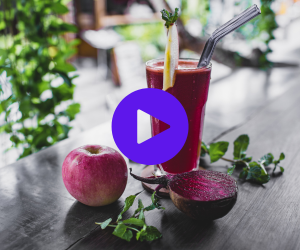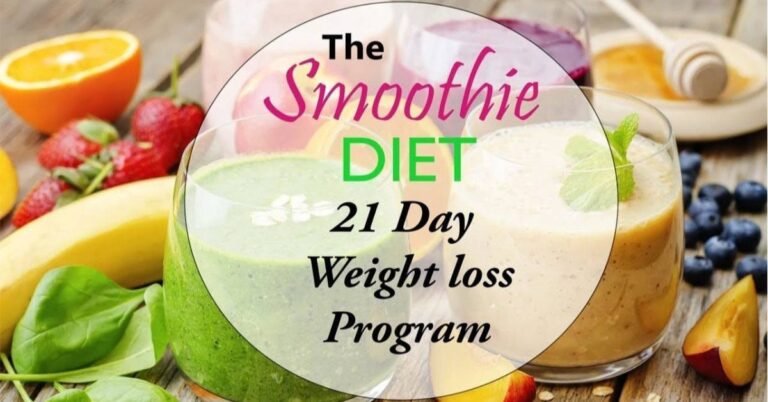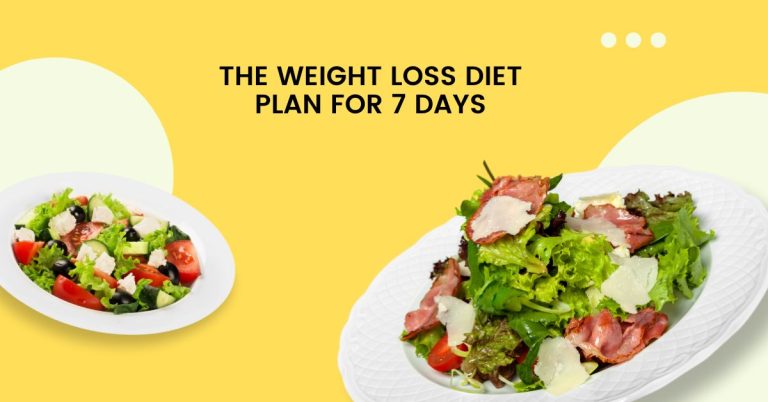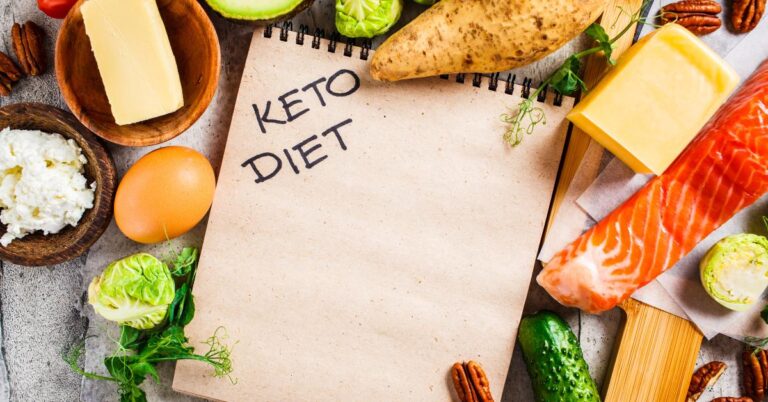Low-Carb Diet vs. Keto: Which Is Right for You?

Many individuals seek effective ways to lose weight and improve their overall well-being in today’s health-conscious world. Two popular dietary approaches often come up in discussions the low-carb diet and the ketogenic diet, commonly known as the keto diet. While both diets share similarities, they differ in their approach to carbohydrate intake and their effects on the body. In this article, we will explore the differences between the low-carb diet and the keto diet, and their potential benefits, and help you decide which approach may be suitable for you.
Understanding the Low-Carb Diet
What is a Low Carb Diet?
A low-carb diet is a dietary strategy restricting the consumption of carbohydrates, particularly those found in grains, sugar-sweetened beverages, and bread.
According to studies, a low-carb diet typically consists of 10-30% of calories derived from carbohydrates, although no specific definition exists. For instance, an individual consuming 2,000 calories daily typically consumes 50-150 grams of carbs ( 1 Source, 2 Source ).
When following a low-carb diet, increasing the intake of protein, healthy fats, and vegetables is common to replace the reduced carbohydrates and promote a feeling of fullness.
Furthermore, limiting carb intake eliminates many high-calorie foods from the diet. These combined factors can contribute to reduced calorie intake, facilitating weight loss ( 3 Source, 4 Source ).
Research has shown that a low-carb diet can offer numerous health benefits for individuals with diabetes, including weight loss, improved blood sugar control, and better management of cardiovascular risk factors ( 5 Source ).
Moreover, the low-carb diet is frequently employed to induce weight loss in individuals ( 6 Source, 7 Source ).
While it is essential to acknowledge that a low-carb diet may not suit everyone, it can serve as a viable weight loss approach for most healthy individuals.
Benefits of a Low-Carb Diet
- Weight loss: A low-carb diet can effectively promote weight loss due to the reduced intake of carbohydrates and the subsequent shift to burning stored fat.
- Improved blood sugar control: A low-carb diet can help regulate blood sugar levels by limiting carbohydrates, making it beneficial for individuals with diabetes or insulin resistance.
- Increased satiety: Foods high in protein and healthy fats can keep you fuller for longer, reducing cravings and excessive snacking.
Food Choices on a Low-Carb Diet
On a low-carb diet, you can enjoy a variety of foods, including:
- Lean meats and poultry
- Fish and seafood
- Eggs
- Non-starchy vegetables (e.g., leafy greens, broccoli, cauliflower)
- Nuts and seeds
- Healthy fats (e.g., olive oil, avocados, coconut oil)
Potential Drawbacks of a Low-Carb Diet
While a low-carb diet offers numerous benefits, it’s essential to consider potential drawbacks, such as:
- Nutritional deficiencies: Restricting certain food groups may lead to inadequate intake of essential vitamins, minerals, and fiber.
- Initial side effects: Some individuals may experience fatigue, irritability, or brain fog during the initial phase of adapting to a low-carb diet, often called the “low-carb flu.”
Unveiling the Keto Diet
What is the Keto Diet?
The ketogenic, or keto, diet has emerged as a popular eating plan in recent years. It involves consuming very few carbohydrates while increasing fat intake significantly.
The keto diet offers various therapeutic properties, making it noteworthy for its potential in treating refractory epilepsy and inhibiting the growth of specific types of cancer. Additionally, many individuals adopt this diet to lose weight ( 8 Source, 9 Source, 10 Source ).
The primary objective of following the keto diet is to enter a nutritional ketosis state. In this state, the liver produces ketones from stored fat, which serve as the body’s primary fuel source instead of carbohydrates.
To achieve nutritional ketosis, limit carbohydrate consumption to fewer than 50 grams per day while keeping protein intake moderate and increasing fat consumption substantially.
However, it is essential to note that the standard keto diet is highly restrictive and may not be a practical long-term option for individuals seeking sustained weight loss and improved overall health.
Benefits of the Keto Diet
- Rapid weight loss: The keto diet’s ability to promote fat burning can result in rapid weight loss, particularly during the initial stages.
- Enhanced mental clarity: Many individuals report improved focus and clarity when following a keto diet.
- Potential therapeutic effects: The keto diet has shown promise in managing certain medical conditions, such as epilepsy and polycystic ovary syndrome (PCOS).
Food Choices on the Keto Diet
To achieve and maintain ketosis are typically consumed on a keto diet:
- High-fat meats and poultry
- Fatty fish
- Full-fat dairy products
- Low-carb vegetables (e.g., spinach, kale, zucchini)
- Nuts and seeds
- Healthy oils and fats (e.g., coconut oil, butter, avocado oil)
Potential Drawbacks of the Keto Diet
Despite its benefits, the keto diet may have some potential drawbacks, including:
- Initial adaptation period: Similar to the low-carb diet, the keto diet may cause temporary side effects known as the “keto flu,” including fatigue, headache, and digestive issues.
- Strict macronutrient tracking: Achieving and maintaining ketosis requires accurate tracking of macronutrient intake, which can be challenging for some individuals.
- Limited food choices: The restriction of carbohydrates can make it difficult to enjoy certain food groups, including fruits, grains, and legumes.
Key Differences between Low Carb and Keto Diets
Carbohydrate Intake
While both diets limit carbohydrate consumption, the keto diet is far more restrictive. A low-carb diet typically allows a moderate intake of carbohydrates, usually between 20-100 grams per day. In contrast, the keto diet severely restricts carbohydrate intake to 20 grams or fewer per day, aiming to keep the body in a constant state of ketosis.
Ketosis
Ketosis is a metabolic state in which the body shifts from using glucose as its primary fuel source to using ketones derived from fat. While a low-carb diet may induce mild ketosis, the keto diet is specifically designed to achieve and maintain a state of ketosis.
Macronutrient Composition
A low-carb diet emphasizes a moderate protein and healthy fat intake, whereas the keto diet places greater emphasis on high-fat consumption. The typical macronutrient composition of a ketogenic diet is approximately 75% fat, 20% protein, and 5% carbs.
Sustainability
The sustainability of a diet is an essential factor to consider when choosing a long-term approach to nutrition. A low-carb diet is generally more sustainable for individuals who prefer a less macronutrient composition A keto diet typically consists of approximately 75% fat, 20% protein, and 5% carbohydrates.s a restrictive eating plan, as it allows for a wider variety of food choices. On the other hand, the keto diet’s strictness and limited food options may make it more challenging to maintain over an extended period.
Choosing the Right Diet for You
When deciding between a low-carb diet and a keto diet, several factors should be taken into account:
Weight Loss Goals
A low-carb diet may be suitable if your primary goal is weight loss and you are looking for a more gradual approach. On the other hand, if you desire rapid weight loss or have specific health conditions that may benefit from a state of ketosis, the keto diet might be worth considering.
Personal Preferences
Consider your personal preferences and food choices when selecting a dietary approach. If you enjoy a wider variety of foods and prefer flexibility, a low-carb diet may align better with your preferences. However, if you are comfortable with a higher fat intake and can adhere to a more restrictive eating plan, the keto diet may be a viable option.
Lifestyle Factors
Take into account your lifestyle and daily routine. The keto diet often requires more planning and preparation due to its limited food choices, which may be challenging for individuals with busy schedules. With its more flexible options, a low-carb diet may be easier to incorporate into a hectic lifestyle.
Consultation with a Healthcare Professional
Before embarking on any significant dietary changes, it’s advisable to consult with a healthcare professional or registered dietitian. They can provide personalized guidance, consider any underlying health conditions, and help you determine the most suitable approach for your needs.
Conclusion
In the realm of weight loss and improved health, both the low-carb and keto diets have gained popularity. Understanding the differences between these two approaches is essential for making an informed decision about which aligns best with your goals and preferences. Whether you opt for a low-carb diet or a keto lifestyle, remember that consistency, balanced nutrition, and overall well-being should always be at the forefront of your dietary choices.
FAQs (Frequently Asked Questions)
Can I consume fruits on a low-carb diet?
You can include certain fruits with lower carbohydrate content, such as berries, in moderation while following a low-carb diet.
Is the keto diet suitable for everyone?
The keto diet may not suit everyone, especially those with certain medical conditions, such as pancreatic disease or gallbladder issues. It is advised to consult a healthcare expert.
Can I consume dairy products on a keto diet?
Yes, full-fat dairy products can be consumed on a keto diet, but it’s essential to consider individual tolerance and potential allergies or sensitivities.
How long does it take to achieve ketosis on a keto diet?
The time required to enter ketosis can vary among individuals. It generally takes a few days to a week to strictly follow a low-carbohydrate and high-fat diet to enter ketosis.
Can I follow a low-carb or keto diet if I am vegetarian or vegan?
Yes, following a low-carb or keto diet as a vegetarian or vegan is possible. However, consideration of alternative protein and fat sources is necessary to meet nutritional needs.













